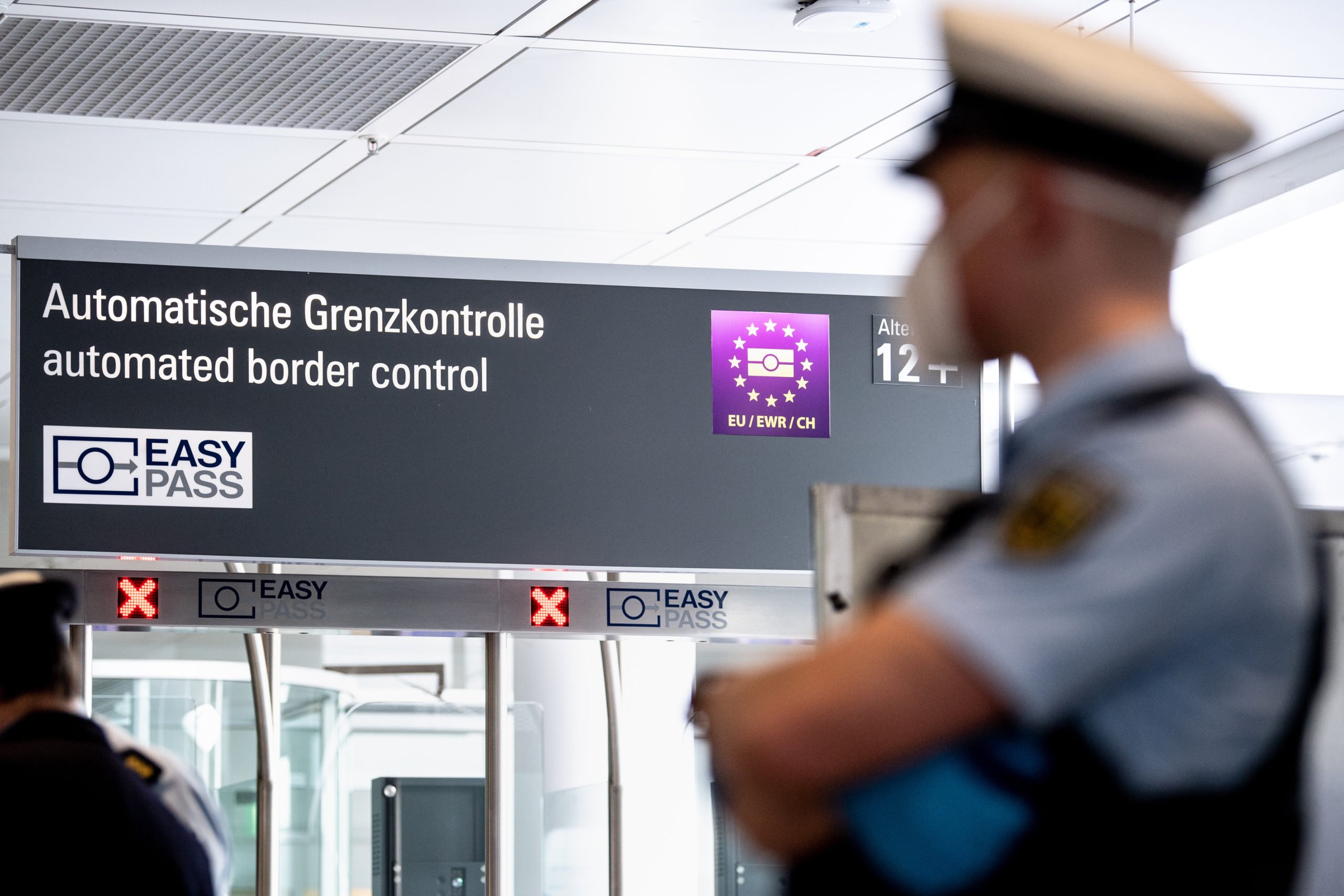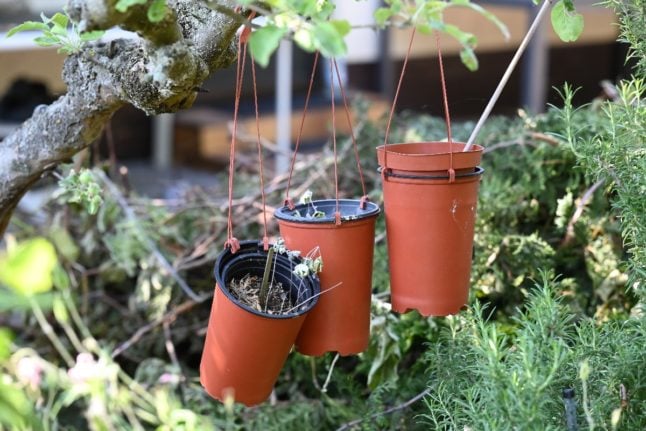If you have friends or family visiting you in Germany from outside of the Schengen area, then you might be familiar with the “invitation letter” that a host should write and the traveller may be asked to present at border control.
Who needs to show an invite letter?
The actual documents necessary for entry into Germany will mainly depend on the traveller’s citizenship. If your visitor is a national of a country that has visa-free travel with the EU – like the US, Canada, or UK – you won’t need to write them an invite letter for a visa, since they don’t need a visa in the first place. Nationals of other EU countries also obviously don’t need a visa.
If your visitor is a national of a country that requires visas, such as India, South Africa, the Philippines, or Bolivia, for example, they might need to show proof of sufficient travel means, including health insurance, proof of stay, and even a return ticket.
An invite letter from you will help demonstrate that their purpose for coming to Germany is to visit you. If they’re staying with you, it also proves where they intend to stay – since they won’t have a hotel booking they can show at border control.
You can find more information about who needs a visa to visit Germany and who doesn’t online from the German Foreign Office.
The invite letter will need to be presented to your visitor’s responsible German mission abroad before travelling, in order to secure the visa.
READ ALSO: Is it better to bring family to Germany through a Blue Card or reunion visa?
Could an invite letter help even if my visitor doesn’t need a visa?
The European Commission does recommend that even people travelling to Germany from visa-free countries like the US, UK, Brazil, Canada, or Australia have some documents with them showing the purpose and duration of their stay.
That’s because even if you come with a visa or are a national of a visa-free country, the border control officer is the person who makes a final decision on whether or not you’re allowed in. On the European Commission’s website, the recommendation is that even those with an approved visa take supporting documents with them.
“At the border or during other controls, you may, for instance, have to provide information on your means of support, how long you intend to stay in the Schengen States, and why you are visiting the Schengen State,” the website states. “In some cases, such checks may result in a refusal for the visa holder to enter the Schengen State or the Schengen area.”
READ ALSO: ETIAS: EU postpones launch of €7 visa waiver for tourists

Carrying documents such as the invitation letter helps “make the border control procedure easier and avoid delays at the border”.
Even if your visitor doesn’t – strictly speaking – need an invite letter from you, you may judge it prudent to write one up for them to show a border agent just in case. Again, if they’re staying with you and have no hotel booking that helps demonstrate how long they intend to stay and that they have accommodation, it can’t hurt. Obviously, a return ticket helps demonstrate length of expected stay too.
It may be that at the border, nobody asks the visitor to show any documents, and more often than not, this is what happens, especially to citizens of visa-free countries. However, the border officer is entitled to question any person trying to enter the country – in that case, a document such as a letter of the invitation could save your mom or dad a big headache when they’re visiting you in Germany – particularly if they don’t speak German or English.
READ ALSO: EXPLAINED: Which Schengen area countries have border controls in place and why?
What is the letter of invitation?
There is no official model from the European Union for the invitation letter. Still, it should be written by the host, dated, and signed.
It should state information such as the host’s name, address, relationship to the traveller, reason and purpose of the invitation, dates and duration of stay, and any financial arrangements, such as if you are funding their trip.
The letter can be written in German or English. It is also helpful to attach copies of documents such as the German resident’s Anmeldungbescheinigung (proof of residence) and passport.
READ ALSO: LATEST: EU agrees to launch digital-only Schengen visa application process
Is there a model of a letter?
Officially, no. However, there are several models that can be found online. The important thing is for the letter to have the basic information on who is visiting whom, how long, the purpose of stay, and financial means. For example, your letter could look something like this:
Location and date
Re: Invitation Letter for NAME OF TRAVELLER with Passport No. XXX
Dear Sir/Madam,
I, YOUR NAME, currently residing at YOUR ADDRESS, and a citizen of YOUR CITIZENSHIP with residence in Germany, am writing this letter to support the entry application of my RELATIONSHIP (mother/friend/etc.), NAME.
The purpose of the entry of my RELATIONSHIP, NAME is to visit me and spend time with me in Germany. She/he/they will be visiting me for DURATION OF STAY and then return to COUNTRY OF RESIDENCE, where she/he/they resides.
NAME will be visiting during the following dates: DATES.
During the specified trip dates above, we will be staying in LOCATION. In addition, NAME will be staying at my house, YOUR ADDRESS. The trip will be funded through their own means/ I will be paying for her/his/their trip, and she/he/they won’t pay for accommodation in my home.
If you require any information, please do not hesitate to contact me at PHONE NUMBER or EMAIL.
Kind regards,
NAME
PASSPORT NUMBER
ADDRESS
PHONE NUMBER
EMAIL
Along with the letter, carrying documents like tickets, a bank statement, and travel insurance demonstrating medical cover can also only help matters.




 Please whitelist us to continue reading.
Please whitelist us to continue reading.
Member comments